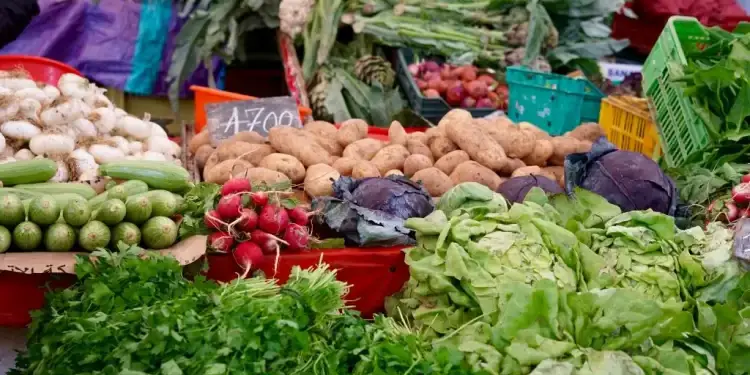While the National Institute of Statistics (INS) announced a drop in the inflation rate in Tunisia, from 5.9 % to 5.6 %, many citizens say they can see no change in their daily expenses. Between official statistics and reality on the ground, the ditch widens.
“This decrease does not mean anything to the ordinary Tunisian,” said economist Ridha Chkoundali, guest on Jawhara FM. According to him, the figure published by the Ins does not reflect the outbreak of the prices of basic necessities, which continues to plumb the budget of families.
Used mainly for macroeconomic purposes – to guide public policies or negotiate with international institutions -, the overall inflation rate does not take into account specific variations affecting basic products such as bread, oil, milk or vegetables.
“This rate is built on an average basket, which is not representative of what an average Tunisian household consumes, especially those of the working classes,” explains Chkoundali. He thus calls for the implementation of an alternative index, centered on the evolution of food and essential prices, in order to better reflect the economic reality experienced by citizens.
To support his point, the economist quotes a site specializing in the cost of living, according to which a Tunisian family of four people needs a minimum of 5,592.9 dinars per month, excluding rent, to cover his needs. An amount largely above the average income of a large majority of Tunisian families.
Faced with this situation, “the middle class is gradually eroding and slips towards precariousness”, alerts Chkoundali. The apparent stability of figures actually hides increasing economic insecurity.








